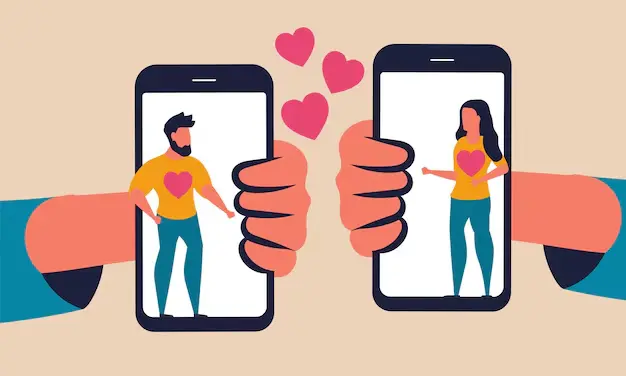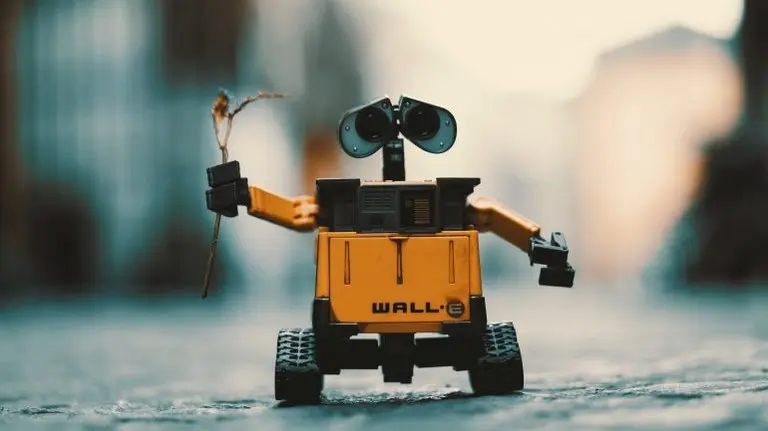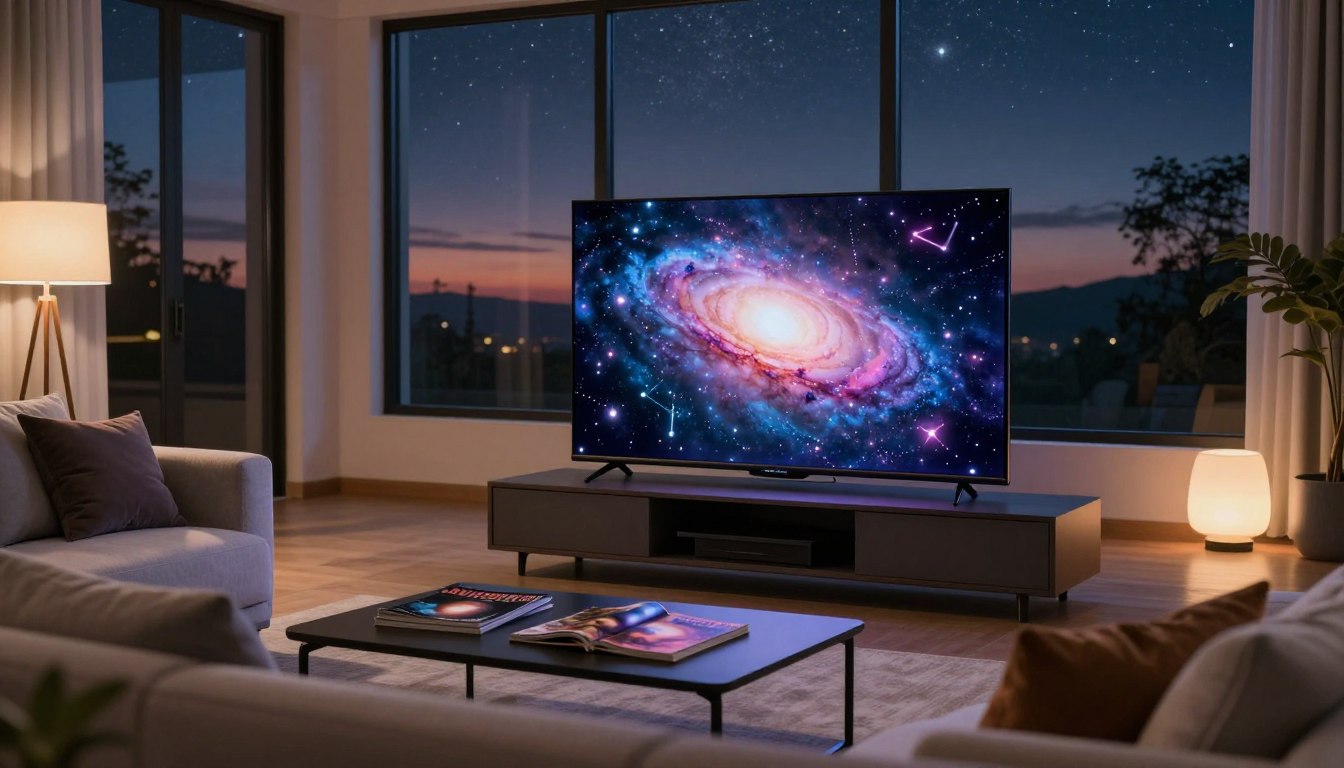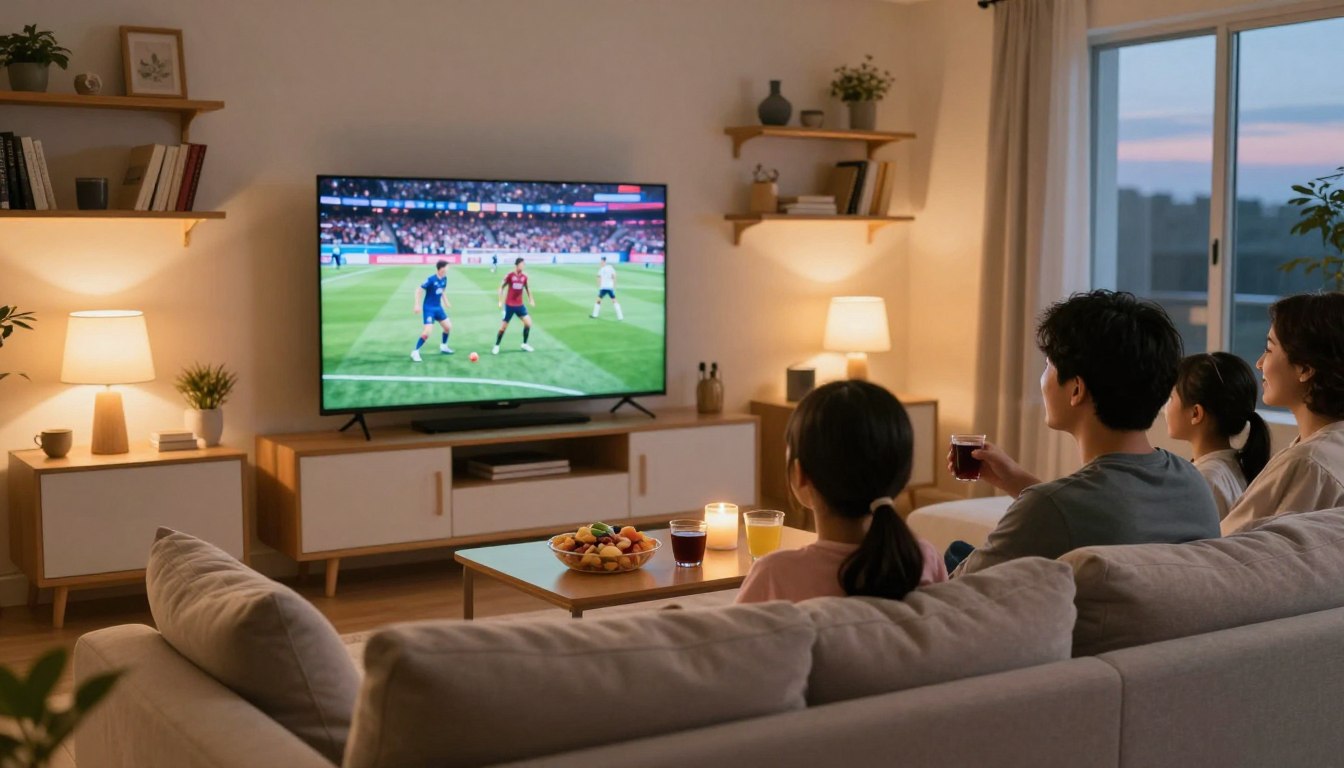Technology has shaped many aspects of modern life, and love relationships are no exception.
Announcements
From casual encounters to serious relationships, digital platforms and technological innovations have redefined how people connect and build emotional bonds.
In this article, we'll explore how technology is impacting the dating world and how this could shape the future of relationships.
Announcements
The Rise of Dating Apps

In recent years, dating apps have become one of the main ways to meet new people.
Platforms such as Tinder, Bumble e OkCupid offer practical and personalized experiences, bringing more possibilities to those looking for companionship or love.
What makes apps so attractive?
- Practicality: You can meet people at any time and from anywhere, directly from your smartphone.
- Diversity: With millions of users, the chances of finding someone with common interests increase.
- Advanced technology: Modern algorithms help to suggest connections that are more in line with individual preferences.
Applications that make a difference
- Tinder (Android e iOS): Simple and ideal for casual encounters.
- Bumble (Android e iOS): It gives women the power to start the conversation.
- OkCupid (Android e iOS): It emphasizes compatibility based on values and interests.
- Hinge (Android e iOS): Promotes connections aimed at more serious relationships.
- Inner Circle (Android e iOS): Focused on people with clear objectives and exclusive interests.
Artificial Intelligence (AI) in Dating
Artificial intelligence is revolutionizing digital relationships by offering solutions that go beyond simply matching profiles.
- Personalized suggestions: AI considers behaviors, values and preferences to create more meaningful connections.
- Virtual assistants: Chatbots help start conversations in a relaxed way.
- Security: Fake profiles and suspicious behavior are identified quickly, ensuring a more reliable environment.
AI algorithms also help to reduce the chances of rejection, since many suggestions are based on mutual compatibility, increasing the chances of a successful match.
Virtual Reality (VR) and Augmented Reality (AR): The New Meeting Scenario
With the integration of VR and AR, the possibilities for virtual dating are expanding in innovative ways.
- Immersive encounters: Virtual dinners by the sea or museum tours, all without leaving home.
- Real-time interactivity: AR enriches shared experiences, such as attending concerts or visiting tourist attractions together.
Companies have invested in platforms where users create personalized avatars and explore virtual environments to interact with potential partners, adding a new level of creativity to online dating.
Social Networks: Facilitators or Complicators?

Social networks play an important role in today's relationships. They offer an additional channel for getting to know someone, as well as being a tool for validating the authenticity of a profile.
- Continuous connection: Likes and comments strengthen bonds.
- Discovery of affinities: Groups and communities make it easier to find people with common interests.
- Watch out for excesses: Overexposure can lead to privacy problems and misunderstandings.
Even though they help in the process of getting closer, they also bring challenges, such as excessive comparisons and possible conflicts generated by the constant monitoring of a partner's activities.
Robotics and Relationships of the Future
Although it still seems like something out of science fiction, robotics is already beginning to have an impact on the relationship scene.
- Emotional company: Social robots can offer support to those facing loneliness.
- Social facilitators: These devices help with complex interactions, such as social events or anxiety situations.
There are ethical discussions about how robotics can shape the way we see love and human connection, raising questions about authenticity and emotional dependence.
Ethical and Emotional Challenges
Even with so many benefits, technological dating also brings challenges that deserve attention:
- Privacy: Data sharing requires transparency and strict protection.
- Superficiality: The emphasis on appearance can limit deep connections.
- Technological dependence: The convenience offered by apps can be detrimental to face-to-face social skills.
Even so, many users report that the positive experiences outweigh the challenges, especially when the tools are used in a conscious and balanced way.
The Way Forward
Technologies that are gaining prominence, such as blockchain (a secure system that organizes data into interconnected blocks), promise to increase security, while platforms more focused on emotional connections seek to fill the gaps that current systems still leave.
In addition, the integration of wearables and health devices can add a new layer to technological dating, allowing partners to monitor signs of well-being and connect in more intimate and meaningful ways.
The big challenge is to find a balance between the advantages of technology and maintaining the essence of human connections, which depend on empathy, patience and genuine love.
The Role of Algorithms in Choosing Partners
Algorithms have become our "digital cupids" these days, helping millions of people find potential partners on the countless dating platforms and social networks that are all over the place.
They scour our preferences, interests and even our location to suggest combinations that seem to be perfect for us.
But although they seem very useful, these algorithms can also limit our choices. Sometimes they only show us people who fit very specific profiles, creating various bubbles that keep us away from diversity.
What's more, the idea of letting an algorithm choose for us can take the magic out of the unexpected encounter or the person who surprises us.
Another issue is that, when trying to "get along" on these dating apps, some people may end up changing their information or even their behavior, all to please the algorithm and not necessarily a potential partner.
Privacy and Security in Digital Relationships
With so many details of our lives being shared online, privacy and security in digital relationships have become a real concern.
We put photos, location and even our preferences in apps, which makes us vulnerable to scams and unnecessary exposure.
For this reason, platforms need to guarantee user security, using tools such as encryption and identity checks.
But we also have our part to play - being careful about what we share and how we protect ourselves online is key.
Communication Technologies and Their Repercussions on Love
Technology has changed the way we communicate with our partners. Today, it's super easy to send messages at any time and from anywhere, make video calls and always stay connected.
But this creates the expectation of an immediate response, which can lead to anxiety and misunderstandings. And no matter how useful the messages are, they don't always capture the tone or emotion of what we want to say, which can lead to conflicts and arguments.
What's more, with everything being digitized, the end of a relationship can be the hardest part. The digital memories are always there, making the process of moving on a little more complex.
Even so, technology gives us new ways to be close to those we love, which shows that love can adapt and thrive in the digital world.
Conclusion

Technology is transforming relationships in many ways, opening doors to new ways of loving and connecting.
However, the success of these innovative changes depends on how we choose to use them.
In the end, what really matters is our ability to cultivate relationships that are authentic, taking advantage of the best that technology has to offer without losing sight of the essence of human contact.



